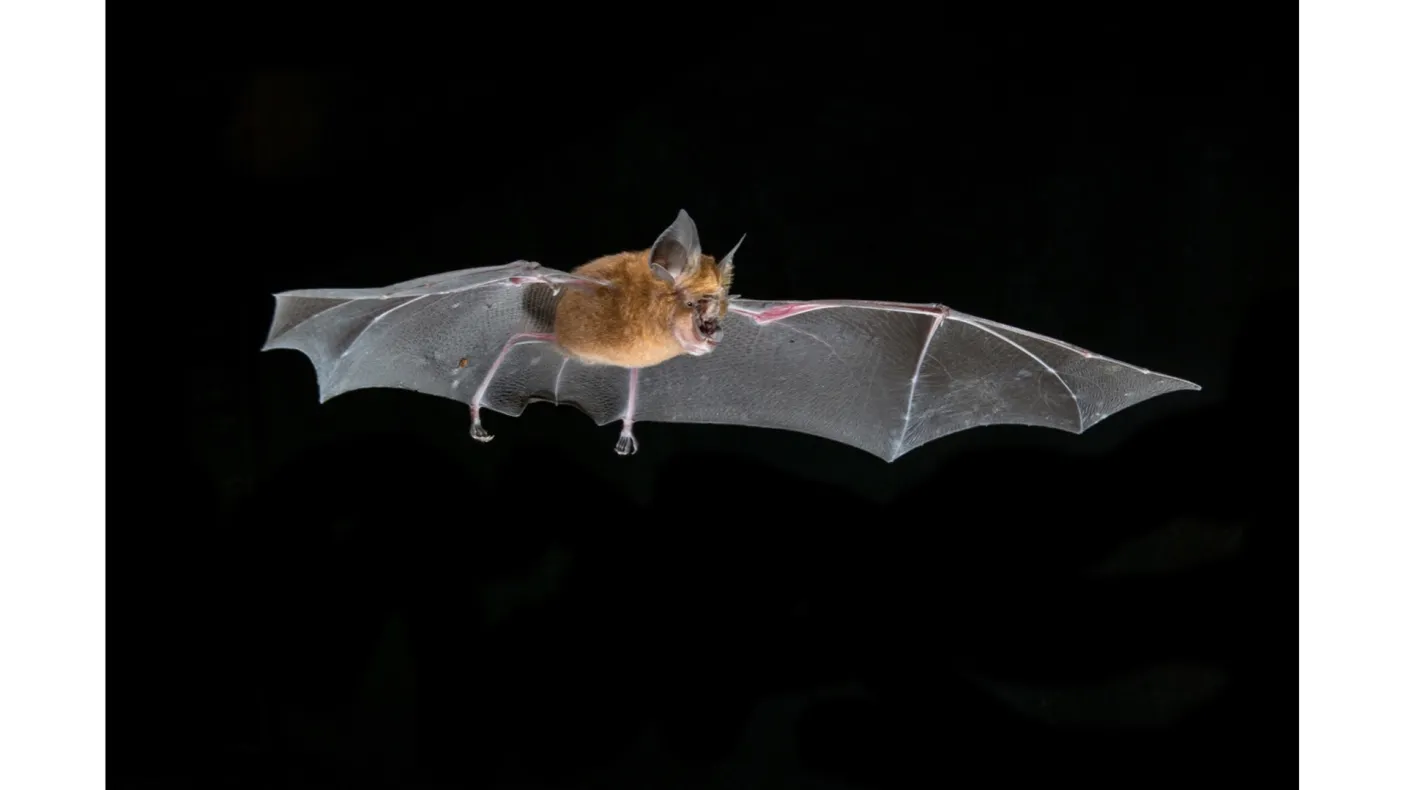Causes Pandemics? Prevents Pandemics?
Think you know the role of bats in this pandemic? Think again.
Bats have had a bad rap lately
Soon after the COVID-19 pandemic hit, a viral video claimed the outbreak began by people eating bat soup. Turns out, that’s just not true. In fact, the video pre-dated the pandemic and came from outside China, where the closest genetic coronavirus is found.
More important still, there is no evidence coronaviruses like SARS-CoV-2, which causes COVID-19, can jump directly from bats to humans. Instead, the viruses need an intermediate host, although we still don’t know what species this is or how humans first became infected.
So, what do we know?
Horseshoe bats like the one pictured above are indeed carriers of different coronaviruses. But unlike us, these bats don’t get sick—and if we can figure out why, we can develop life-saving vaccines.
That’s where museums like ROM come in.
During the pandemic, when travel was restricted and most field work was impossible, scientists turned to ROM’s collection of bat specimens for COVID-19 research. Today, some of ROM’s specimens are being screened for other potential coronaviruses.
If found, they can be extracted and studied. That way we can have vaccines ready—to prevent the next pandemic.
Burton Lim
Burton Lim is Assistant Curator of Mammals.



